No let-up in Yemeni strikes until Israeli genocide in Gaza fully halts: Ansarullah
A senior Ansarullah official says the Yemeni armed forces will continue their retaliatory operations against Israeli-affiliated commercial vessels as well as US and British assets in the Red Sea as long as the occupying regime forges ahead with its genocidal war against Palestinians in the Gaza Strip.
Mohammed al-Bukhaiti, a member of Ansarullah's political bureau, stated on Saturday that Yemeni forces targeted the US Propel Fortune bulk carrier in the Gulf of Aden with “appropriate” naval missiles.
They also conducted a large-scale operation in the Red Sea and the Gulf of Aden, and employed 37 combat drones to strike US warships in those areas.
“We have received messages from international bodies, demanding an end to our strikes. Yemen will not abandon Gaza and will never end its support for Palestinians as repeatedly underscored by Ansarullah leader Abdul-Malik al-Houthi,” he said.
Bukhaiti went on to state that the sole way to secure an end to Yemeni maritime operations in the Red Sea area is for Israel to end its genocidal war on Gaza.
“We demand a complete stop to the Zionist regime's aggression in the Gaza Strip and complete withdrawal of occupation forces from the territory. We will cease our operations once these two demands are met.
“We will carry on with our strikes in the holy fasting month of Ramadan, and will increase its intensity,” the high-ranking Ansarullah official pointed out.
Bukhaiti also sharply criticized some Arab governments for abandoning the Palestinian cause, and conspiring against it instead.
The high-profile Ansarullah figure finally noted that Palestinians’ independence of decision making has infuriated the US administration.
Yemenis have declared their open support for Palestine’s struggle against the Israeli occupation since the regime launched a devastating war on Gaza on October 7 after the territory’s Palestinian resistance movements carried out the surprise Operation Al-Aqsa Storm.
The Yemeni Armed Forces have said they won’t stop retaliatory strikes.
The maritime attacks have forced some of the world’s biggest shipping and oil companies to suspend transit through one of the world’s most important maritime trade routes.
Tankers are instead adding thousands of miles to international shipping routes by sailing around the continent of Africa rather than going through the Suez Canal.

American who assaulted pro-Palestinian students at UCLA joins Israeli military: Report
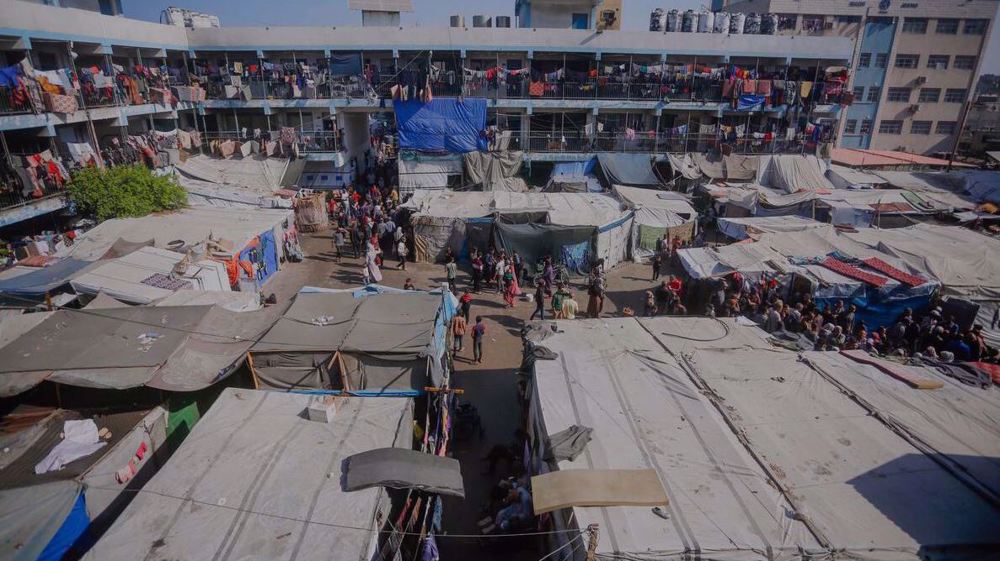
Over 90,000 displaced Palestinians sheltering in 115 UN-run facilities across Gaza: UNRWA

Israeli military claims Gaza medics were not 'executed'
Israeli military claims Gaza medics were not 'executed'
Iran to expand off-grid solar to all government buildings
VIDEO | A heart silenced by fear: Palestinian nurse dies at Israeli checkpoint
American who assaulted pro-Palestinian students at UCLA joins Israeli military: Report
Over 90,000 displaced Palestinians sheltering in 115 UN-run facilities across Gaza: UNRWA
VIDEO | Press TV's news headlines
Iran expects major drop in domestic wheat yields
VIDEO | Protesters in Seoul slam Gaza genocide, US crackdown on pro-Palestine students


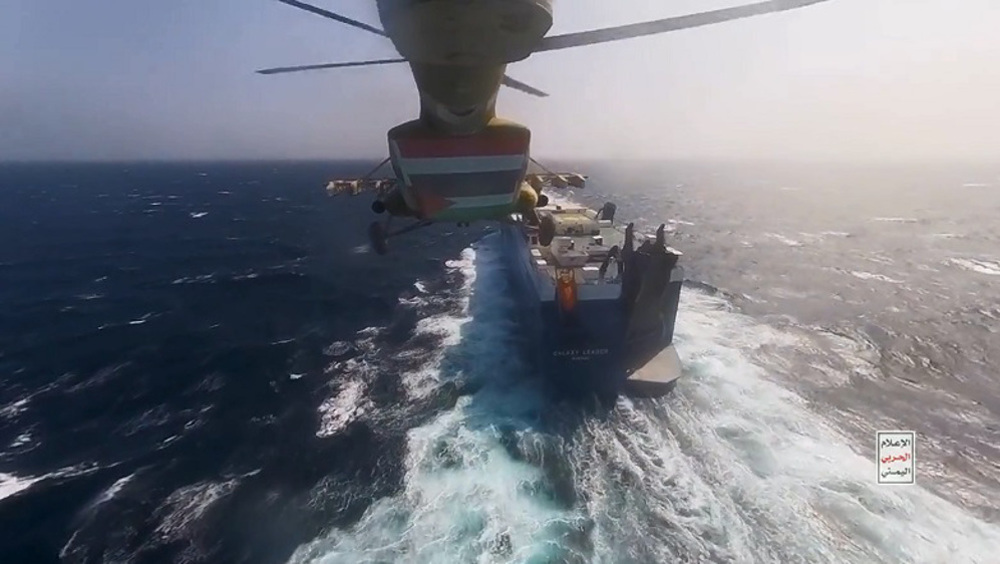
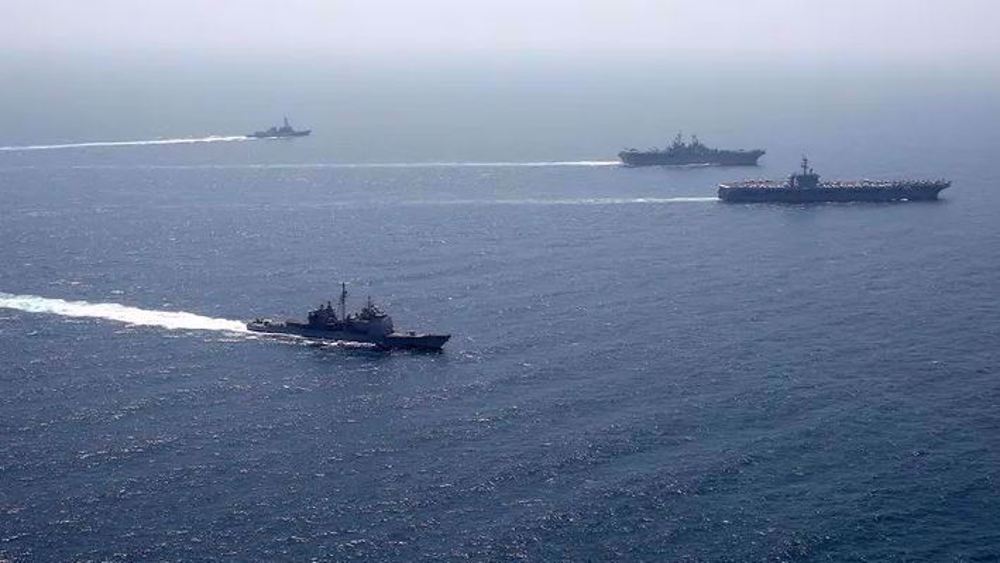



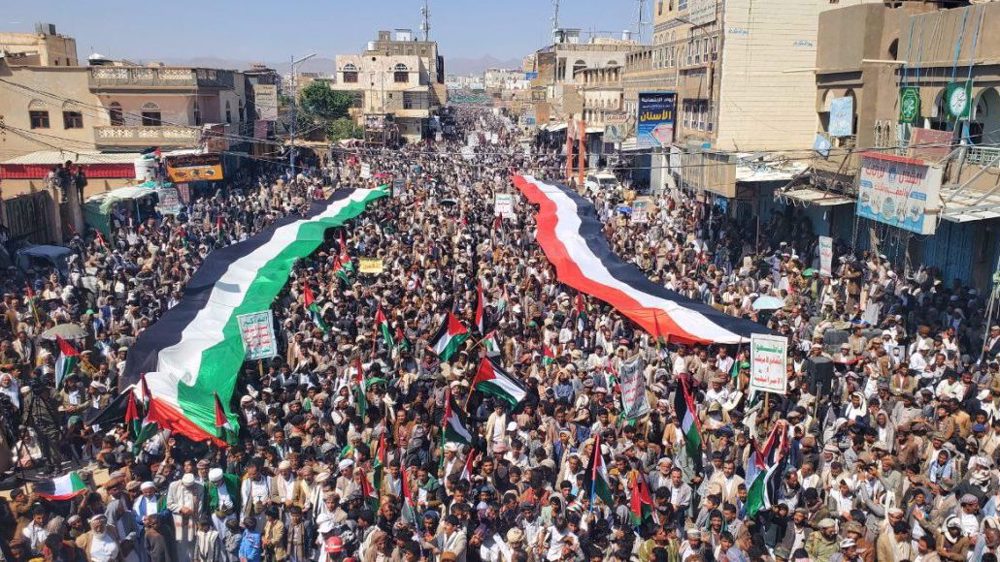
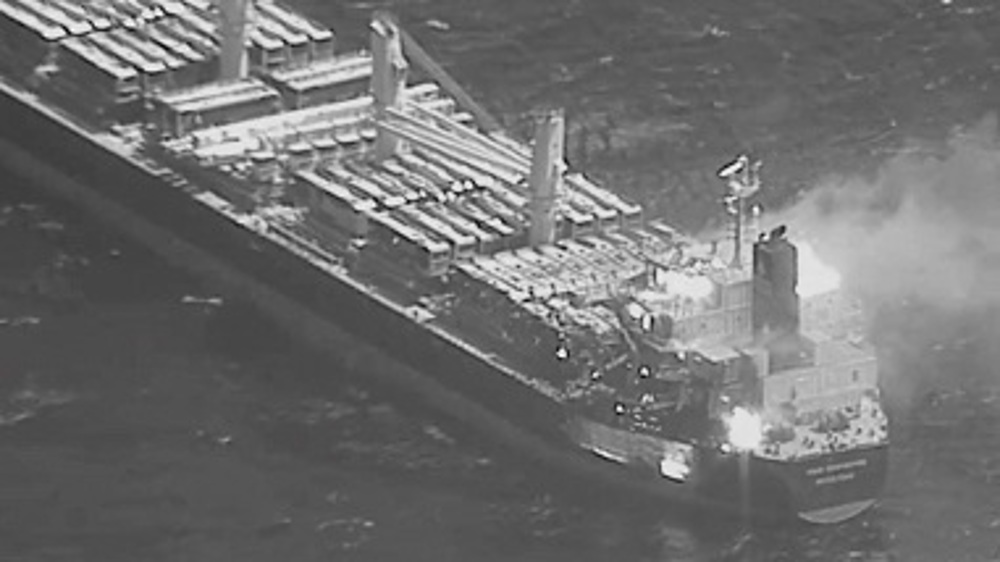
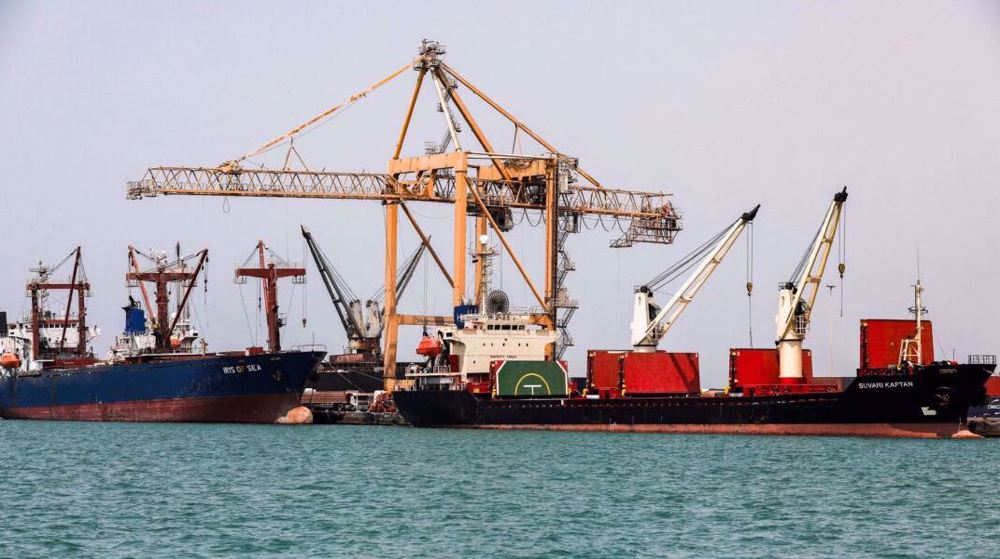
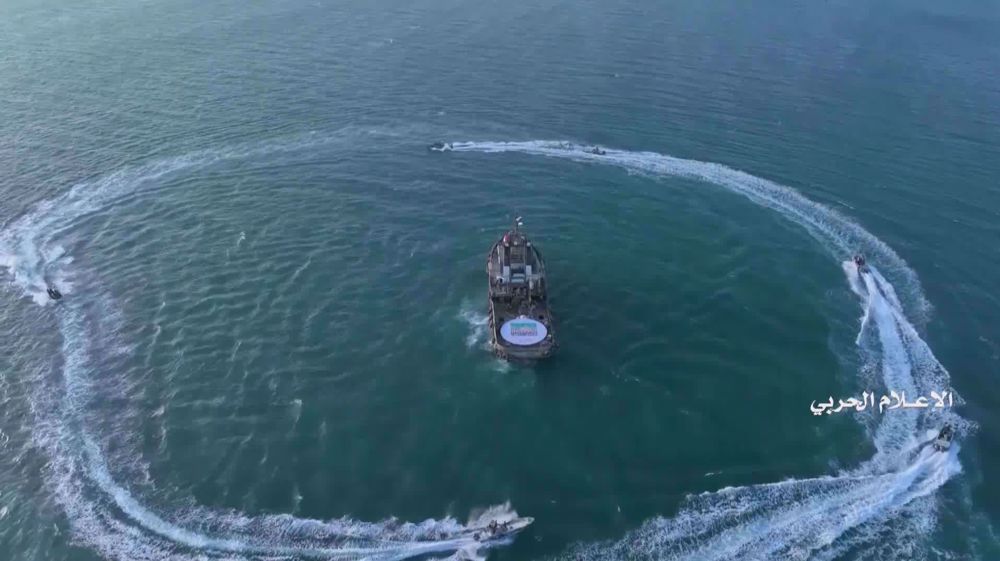
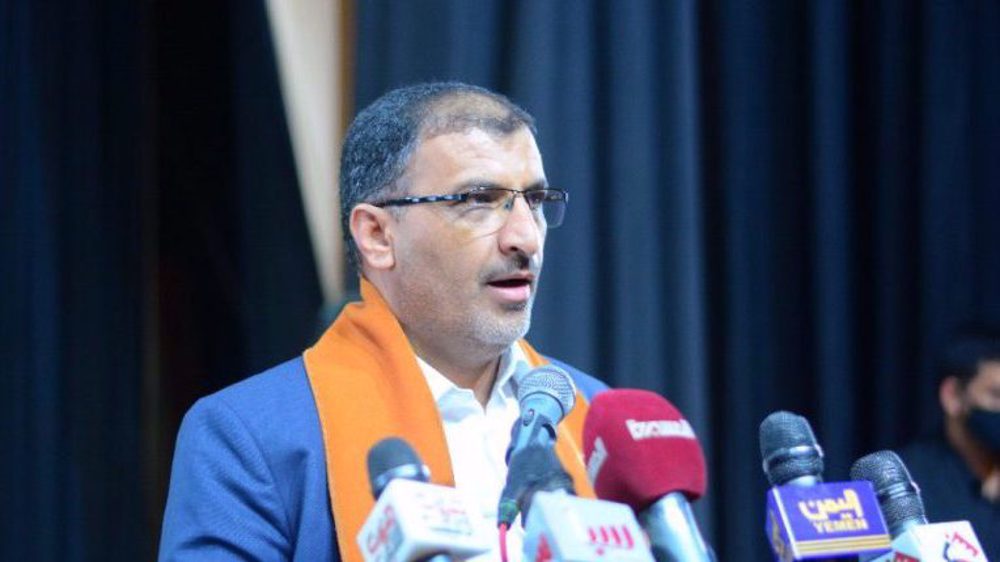


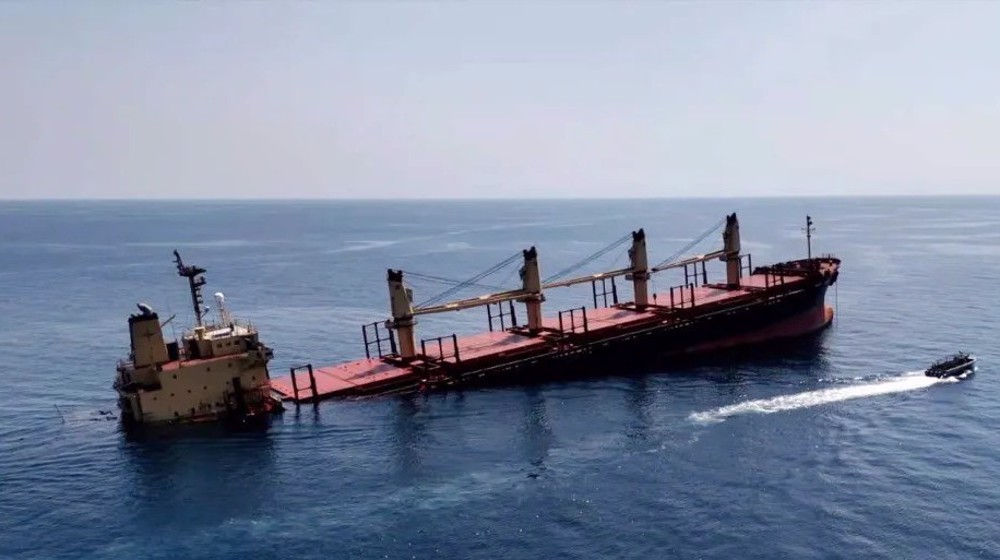

 This makes it easy to access the Press TV website
This makes it easy to access the Press TV website